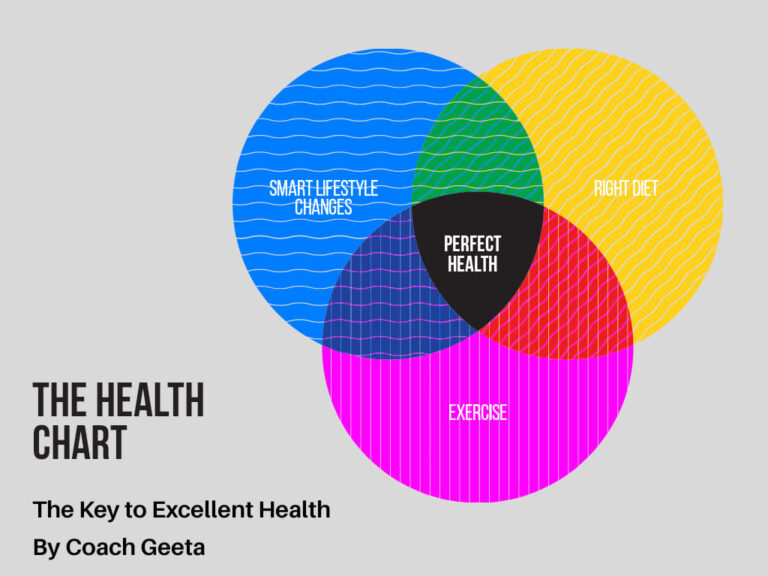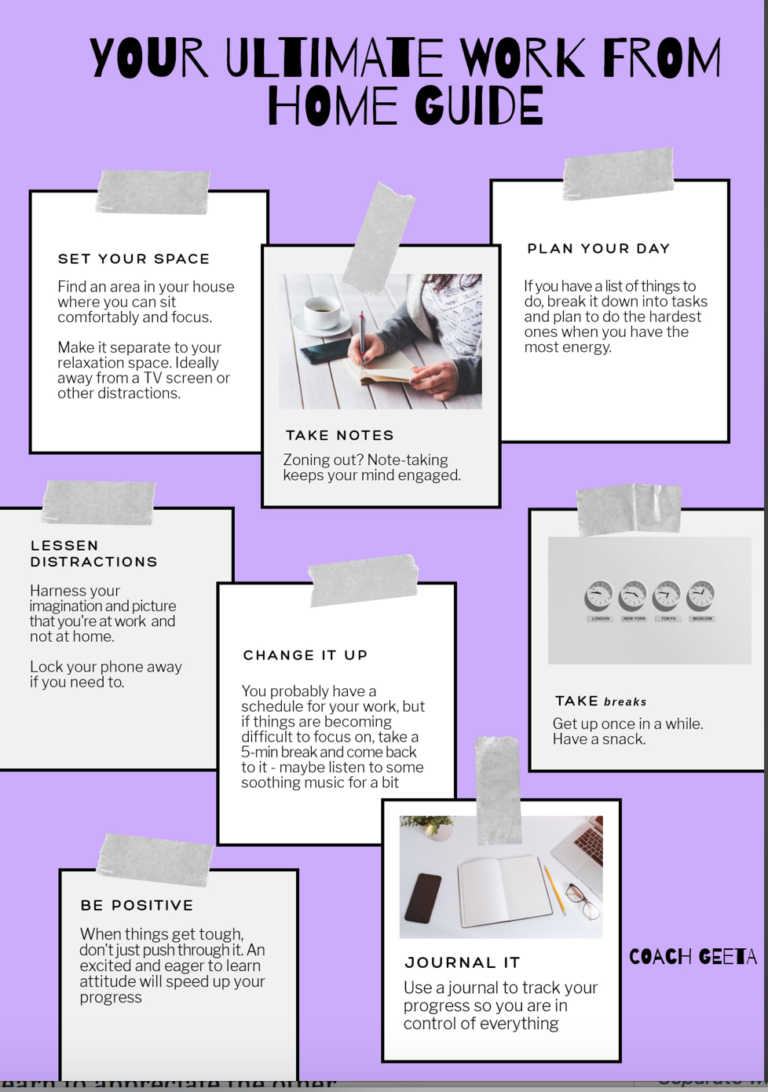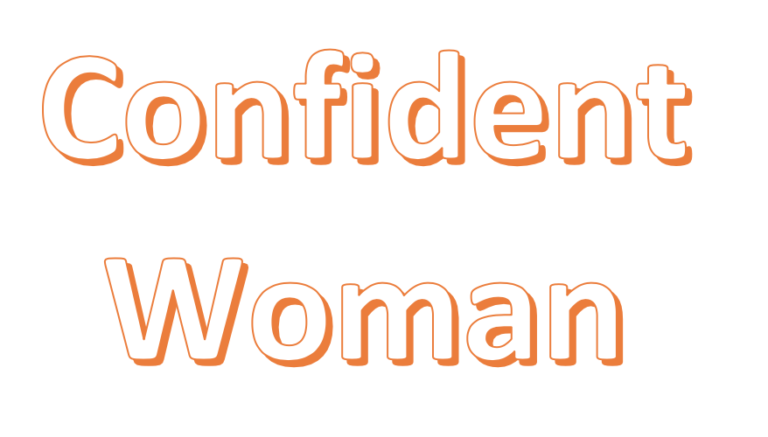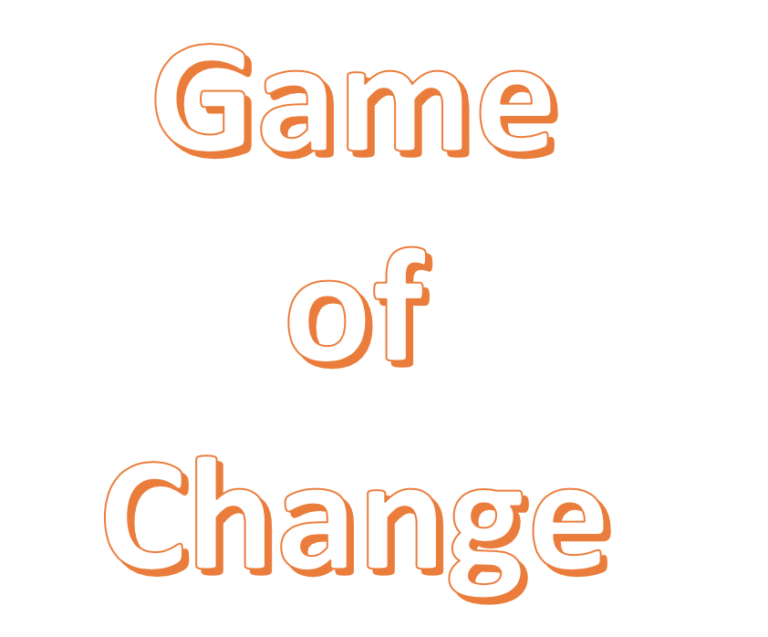Health is beneficial for our optimal functioning as a human being. As we grow older, we realise that health is less an ideal concept and more about a way of life to help us stay fit and happy. Here is a special chart that outlines the key elements for good health!
Brains and Science
The Power Of Meditation

Meditation is one of the rare practices that contributes to our mental, physical and spiritual well being – all at once. It has multiple benefits, such as building our patience, reducing our stress, strengthening our mind, increasing our immunity, disciplining our body and boosting our creativity. It is both an art and a science, and can help reduce depression, anxiety and can also promote kindness! Through the practice of Metta, a type of meditation also known as loving-kindness meditation, one can learn how to develop kind thoughts and feelings toward oneself, and in turn radiate and extend this kindness and forgiveness to the world around them!
Unhappy Mind = Unhappy Body
When you spend a majority of your time in worry and anxiety, the stress affects every cell of your body and reacts by getting inflamed. Your organs, be it heart, lungs, kidney, skin, stomach are but a bunch of cells. Inflammation of these organs leads to a variety of diseases from thyroid disorder, to indigestion issues, to diabetes, to heart attack. The next time your minds chooses to worry, take a pause and remember the harm you are causing your body…Is it worth it?
7 Tips to Ace Your Exam
My article from Femina
Expert Speak: 7 Practices You Never Knew Could Enhance Exam Performance
A question that probably lingers in the mind of every student is, “How do I become perfect in exam preparation?” The answer to this question is like an asymptotic to a curve – you cannot exactly reach it, but you can get close to it. To ace your exams, you need to perfect your preparation techniques.
Treat studying like a 9-5 job, so when you unwind in the evening, you won’t feel guilty. Also, by implementing a routine, you will teach yourself that during these hours you must be doing things relevant to your studies like revising for an exam, doing the required reading or working on assignments/projects. Give yourself an hour’s lunch break like at a workday and then at 5 pm you can wrap up. This can also help reinforce a healthy sleeping pattern which will improve your memory.
When you understand a concept, memorisation follows naturally. Try to understand the core of what you’re learning and build upon that, versus memorising for each test and forgetting afterwards. This will also help you master your final exams!
For those moments when you can’t conceivably have your nose stuck in a book – while you’re walking, driving, exercising, folding laundry – considering listening to a recording that complements your studying. Whether you have recordings of your professor’s lectures, found a podcast on the topic, or taped yourself reading over your notes, plug in your earbuds and listen up. This is especially helpful for auditory learners who do best when they hear (and not read!) information.
Now, this tip might only work for particular subjects, as not every subject or degree has pragmatic answers in exams and coursework. However, for instances where you and your course mates have all had to read or memorise information for an exam – get together and have a quiz night. Create a set of relevant questions and answers, get into teams and quiz each other. Hopefully, the competitive streak will help you remember information and also have fun.
It could be chocolate, 10 minutes of social media or television or maybe a nap, the choice is yours. When you have something to look forward to, you’ll tend to be more dedicated to finishing that task. No cheating, though.
Within 12 to 24 hours of the test, it’s time to stop studying. You’re not going to learn a lot of new content. The likelihood is much higher that you’re going to stress yourself out and confuse yourself. For the last-minute studier, flashcards can be a good resource. They can earn you a few more points on test day, and it’s a much healthier thing to do than starting on page one of the textbook.
t cannot be stressed enough how important this factor is. If you eat heavy, unhealthy foods late at night, your brain isn’t going to be in prime form. As such, it’s especially important to factor food into your study routine! Fruits and nuts are particularly good choices during munch time. And fuel goes beyond what you’re putting in your mouth: Getting enough quality sleep and taking some time to recharge is also super important. After all, what’s good for the body is good for the mind.
In conclusion, one simple fact that students tend to forget is that relaxation is not a luxury. It is a necessity, especially while preparing for examinations or your brain will be in a daze. Studying can be mentally exhausting, and if you don’t give your brain some rest, it will burn out. But relaxation should not become procrastination. Ensure that relax enough to re-energise your brain.
Parenting
The joy of being a parent is something that cannot be explained but needs to be experienced. But it is also something that seriously requires your time, financial, physical and emotional commitment. My article in Femina lists down some of the ways in which you can manage your energies as a parent!
Being a perfect parent is a myth. Yet this is a constant endeavour as parents. To begin with, the decision to be a parent entails enormous responsibilities. As prospective parents, you need to give serious thought to the time, financial, physical and emotional commitment. Yet sometimes too many thoughts, ifs and buts, am I capable, and can we afford, does not work either. The joy of being a parent is something that cannot be explained but need to be experienced. You can never be prepared enough when your bundle of joy arrives and turns your world upside down.
With young children, you need to be high energy super-parents. You have to multitask, and be there for them and somehow magically manage your work, find time for yourself, your relationship and your social life. Young children depend on you for their physical needs and emotional support. It is worth investing in getting a perfect time management routine in place, with both parents chipping in.
Despite this juggling, often parents need some help and support. Enrolling the grandparents and friends or outsourcing help is usually a win-win formula. It can give you, as a parent, some free time for each other, to gather your sometimes chaotic and fast-paced life. This allows you to be fully available as parents, where you are more fun to be with rather than be stressed and in an angry mood.
When you are with your children, give them your 100 per cent attention. By attending office calls during family time, you are unconsciously sending the message that they are less important to you, while ironically, you are working for your family. The best parts of your childhood are not those expensive gifts your parents gave you; it is the time you spent together, the times you laughed and played together. Wouldn’t you want to provide the same to your children?\
If your life is more organised and disciplined, your children learn by example. Co-create the rules and boundaries together, enrolling the children in the process. Define the consequences of breaking the rules. It need not be severe. Missing the weekend out or washing the dishes perhaps. And follow through with it. Playing board games or doing a barbeque together is excellent family bonding exercises.
Your children learn from you. Empower them with ethical values like mutual respect and empathy. Teach them through example, by living it yourself. Engage them in social discussions and increasing their awareness. Allow them to make their mistakes and learn from it, nurturing them into mature young adults ready to transform a better tomorrow, a better world.
Your Ultimate Work From Home Guide
- Set your space: Find an area in your house where you can sit comfortably and focus. Make it separate to your relaxation space. Ideally away from a TV screen or other distractions.
- Take Notes: Zoning out? Note-taking keeps your mind engaged
- Plan your Day: If you have a list of things to do, break it down into tasks and plan to do the hardest once when you have the most energy.
- Lessen Distraction : Harness your imagination and picture that you’re at work and not at home. Lock your phone away if you need to.
- Change it up: You probably have a schedule for your work, but if things are becoming difficult to focus on, take a 5-min break and come back to it – maybe listen to some soothing music for a bit.
- Take a break – Get up once in a while and have a snack break
- Journal it – use a journal to track your progress so you are in control of everything.
- Be positive – When things get tough, don’t just push through it. An excited and eager to learn attitude will speed up your progress.
Confident Woman
Game of Change
This video was made for and posted on Insta @Nonawalia







